In the competitive world of fabric manufacturing, delivering high-quality materials is essential to building a strong reputation and ensuring customer satisfaction. For companies like ours, which not only manufacture fabric dyes but also produce garments for export, quality control (QC) becomes a critical pillar of success. Here’s how rigorous quality control in fabric manufacturing ensures excellence in every batch.
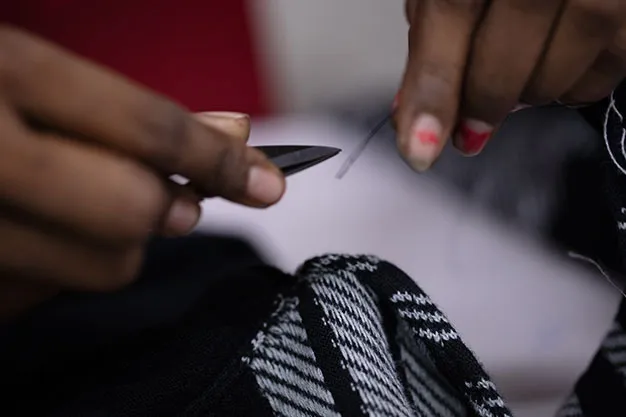
Quality control in fabric manufacturing plays a vital role in maintaining the integrity of the end product. With the global demand for textiles and garments on the rise, companies are under immense pressure to meet high standards. Inconsistent quality can lead to defects, customer dissatisfaction, and brand damage. Therefore, implementing a comprehensive QC process helps manufacturers like us avoid costly rework and returns, while consistently delivering superior products.

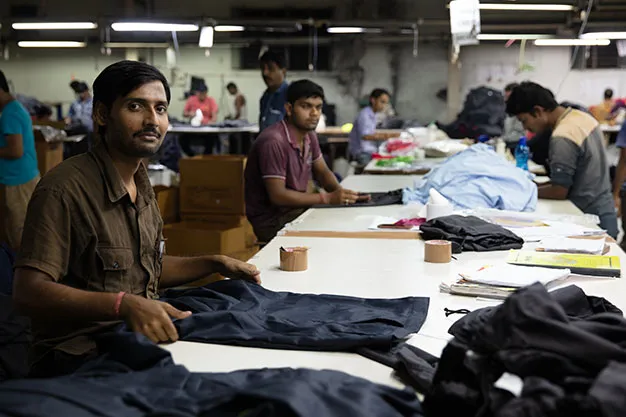
The journey of fabric from raw material to finished product involves multiple stages, each requiring careful attention to detail. Here are the critical phases where QC plays a role:
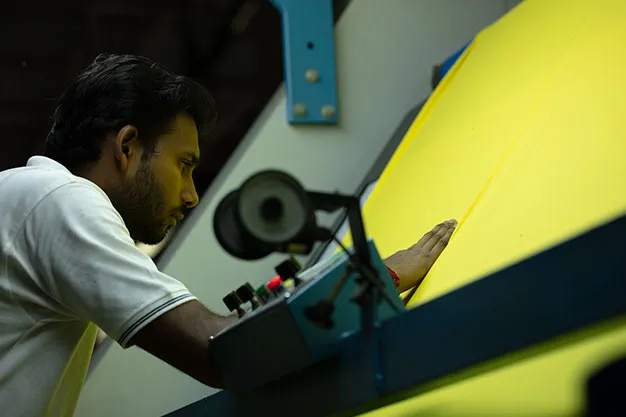
In today’s fabric manufacturing industry, modern techniques and technologies have revolutionized quality control. We use tools like:

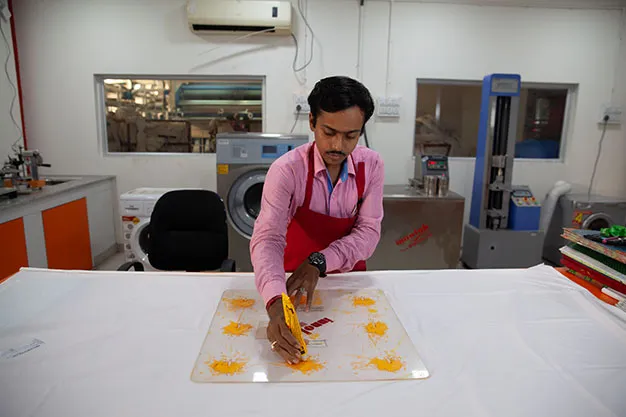
Modern consumers are increasingly conscious of the environmental and ethical impact of their purchases. Quality control also involves ensuring that the fabrics and dyes we use comply with global sustainability standards. From using eco-friendly dyes to minimizing water consumption, our QC process integrates sustainable practices that meet both customer expectations and regulatory requirements.
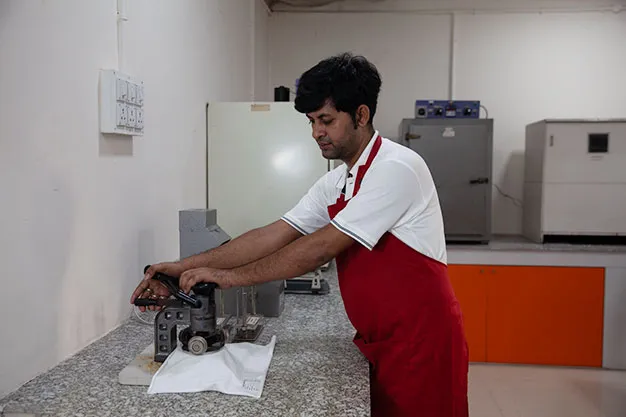
For an export-focused company like ours, the implications of quality control go beyond satisfying local clients. International clients often have strict regulations, and failure to meet these can result in rejected shipments, financial losses, and a tarnished reputation. By ensuring quality in every batch, we maintain trust with our global partners, ensuring long-lasting relationships and steady business growth.

In the fabric manufacturing industry, where competition is fierce, quality control isn’t just a process—it’s a commitment. At our company, we invest in state-of-the-art technology, skilled personnel, and sustainable practices to ensure that every batch of fabric and every garment produced meets the highest standards. Quality is not just a promise; it’s what we deliver with every shipment, helping us grow and thrive in the global market.